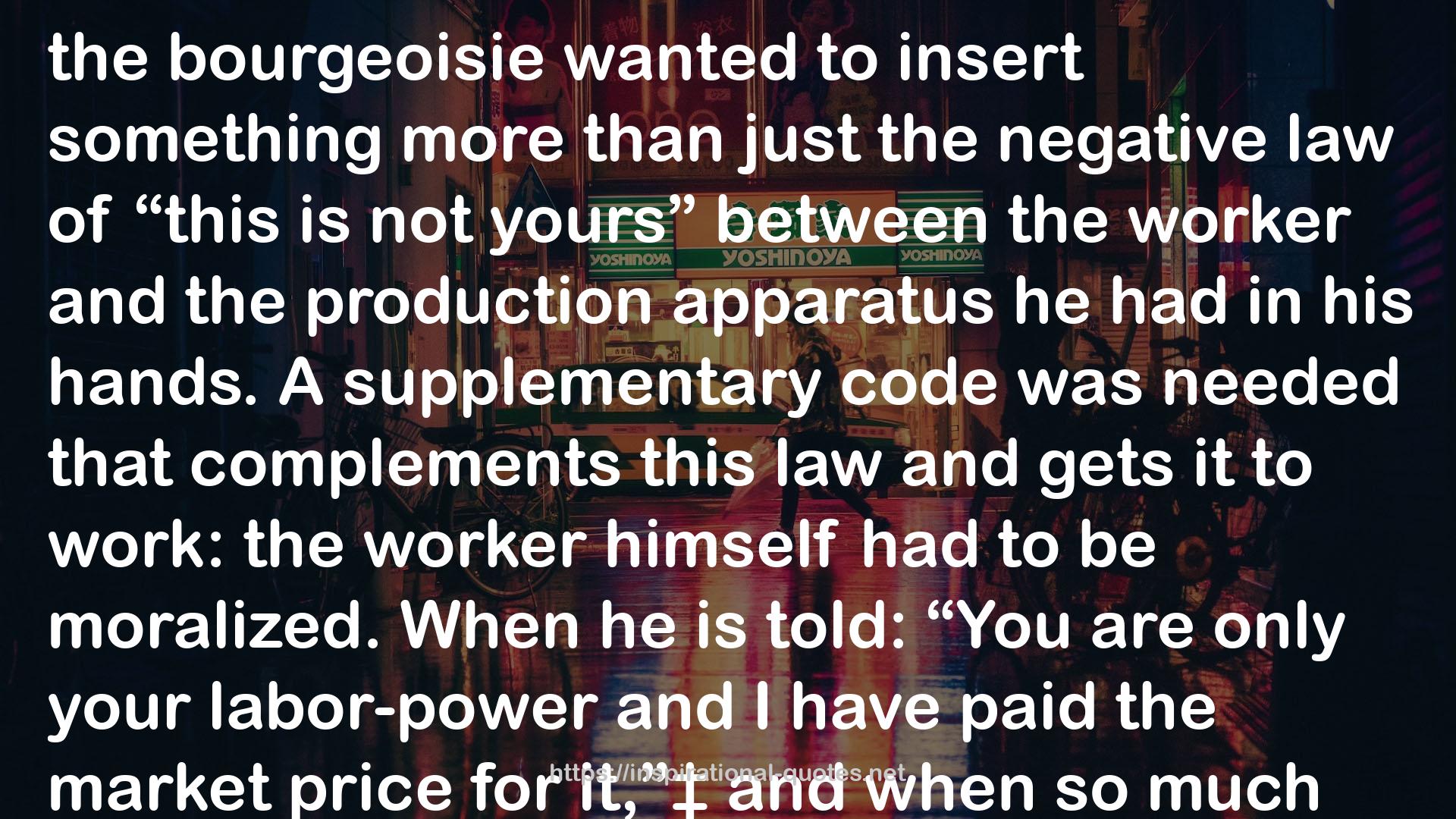The Punitive Society: Lectures at the Collège de France, 1972-1973 QUOTES
SOME WORKS
- Marriage Isn't for You: It's for the One You Love
- I Have No Regrets: Diaries, 1955-1963
- Helden wie wir
- Anioły stąd odeszły
- Hawksong (The Kiesha'ra, #1)
- In the Forests of the Night (Den of Shadows, #1)
- Wolfcry (The Kiesha'ra, #4)
- Imot naturen
- Ökonomisch-philosophische Manuskripte aus dem Jahre 1844 (Pariser Manuskripte) - Vollständige Ausgabe: Arbeitslohn + Gewinn des Kapitals + Grundrente + Begriff der Entfremdeten Arbeit
- La conscience et la vie

